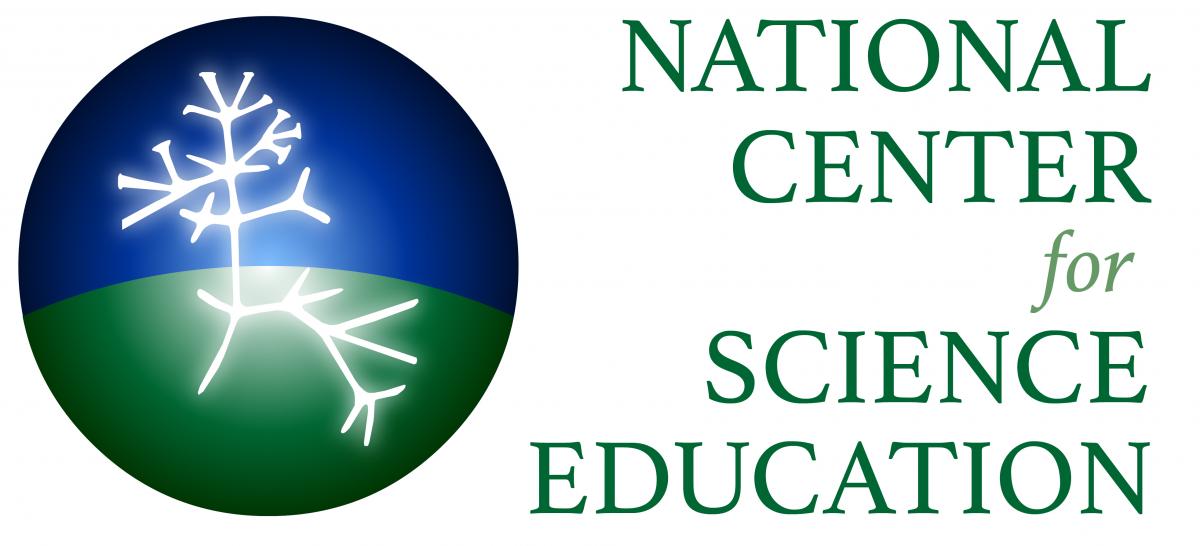 The March for Science will take place on April 22, 2017, in Washington DC, with satellite marches planned in more than 300 communities in more than thirty countries. The National Center for Science Education was one of the first organizations to endorse the march, and we are encouraging our members to take part. Why? Because we believe that the marches will be a powerful and positive reminder that there is something that virtually everyone agrees on: the value and importance of science.
The March for Science will take place on April 22, 2017, in Washington DC, with satellite marches planned in more than 300 communities in more than thirty countries. The National Center for Science Education was one of the first organizations to endorse the march, and we are encouraging our members to take part. Why? Because we believe that the marches will be a powerful and positive reminder that there is something that virtually everyone agrees on: the value and importance of science.
Some scientists have counseled against marching. They fear it will cast science in a partisan light, as if demonstrating for science means demonstrating against something else. While we appreciate the concern, we disagree. While it is certainly true that Americans seem to be intractably divided over more issues than ever before, support for science is something that all of us share, and can continue to share.
Surveys consistently show that most Americans believe that the United States has the most vibrant, productive, and creative scientific community in the world. We believe that federal investment in basic research pays off and that public policies should be based on the best available scientific evidence. Americans are proud that the best and brightest students from all over the world want to come to o ur universities. We know that the discoveries and inventions that emerge from our universities and industrial research laboratories are a tremendous driver of U.S. competitiveness and economic growth.
ur universities. We know that the discoveries and inventions that emerge from our universities and industrial research laboratories are a tremendous driver of U.S. competitiveness and economic growth.
Science is at work in every community, even if lab coats are not always visible, and lots of good jobs depend on science. All of the people who provide healthcare, monitor water safety, and plan for and respond to disasters use science every day. Farmers these days have college degrees in agronomy, animal husbandry, and crop science. And all kinds of companies make products that depend on science. I’ll give you just one example: craft brewing. However twee you might find flavored beers with cutesy names, the industry now provides over 120,000 jobs in all fifty states. All those brewers need to know enough biology to keep yeast happy.
At the National Center for Science Education, we know that science sometimes addresses controversial issues. It’s no surprise to us that scientific findings can trigger fierce disagreement. We’ve devoted over thirty years to making sure that science teachers have the expertise and support they need to teach about evolution and climate change, even when there are people in their communities who object.
But it is important to remember that many who object to the teaching of evolution or climate change haven’t encountered the science for themselves. They are merely taking cues from those they trust—politicians, church leaders, or their favorite websites and newscasts. When people are given an opportunity to explore the scientific evidence for themselves, they often conclude that accepting what the evidence shows need not threaten their fundamental values.
The best way to ensure that science continues to be a powerful contributor to public safety and economic growth, not to mention a steady source of inspiration and wonder, is by providing as many friendly, positive, and welcoming opportunities for people to encounter science—and those who practice and use it—as possible.
And that’s where the March for Science fits in. On April 22, 2017, people all over the world will be gathering together to celebrate science, and to declare that science belongs to everyone. NCSE will be there.

